Festival - Feast
A Comprehensive Explanation
Art And Culture
Family
Food And Drink
Glamorous Events
Music
Benicassim Music Festival,Valencia,Spain
Sonar Music Festival,Barcelona,Spain
Natural Wonders
Spiritual And Religious
Bulgarian Festivals
Ko Chang Water Festival Of Loi Kathong,Thailand
Pushkar Camel Festival,Rajasthan,India
Festa de São João: Porto’s Wildest, Weirdest, and Most Wonderful Night
Spectacular
Sports And Adventure
Wonderful And Unique

Parties, feasts and banquets play a significant role in human society, providing opportunities for joy, connection, and fun. These gatherings bring people together, fostering a sense of unity and friendship. Whether it's a special event like a birthday celebration, a wedding reception, or a holiday feast, these occasions create lasting memories.
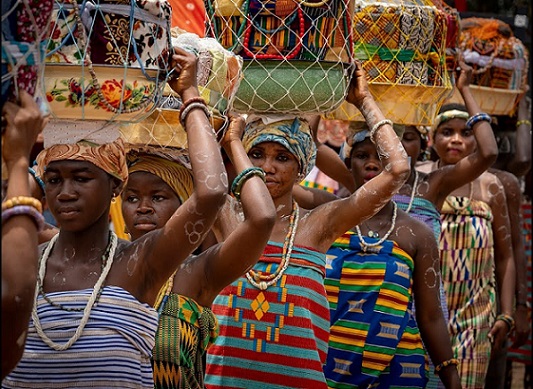
The anticipation and enthusiasm surrounding parties and banquets are tangible, with guests eagerly awaiting delicious food, lively music, and engaging conversations. The atmosphere is filled with happiness and laughter, creating a lively and festive ambiance.

Data indicates that parties and banquets have a substantial impact on the economy, with billions of dollars spent annually on event organization, catering, and entertainment. Businesses flourish during peak party seasons, offering various services to meet the demand for celebrations.
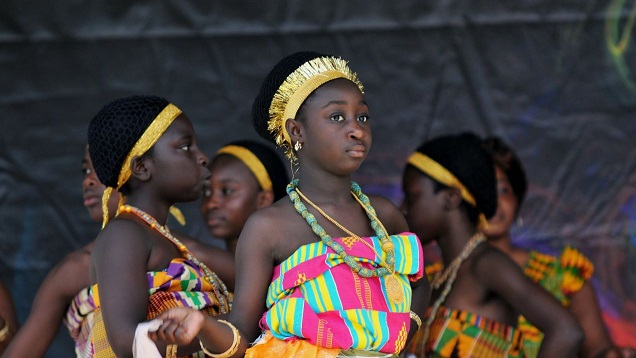
Exploring the rich traditions of parties and banquets unveils the cultural importance behind these events. From age-old customs to modern trends, each gathering has its distinct rituals and habits. Delving into the history and symbolism of parties and banquets enhances the overall experience, enriching the celebration.
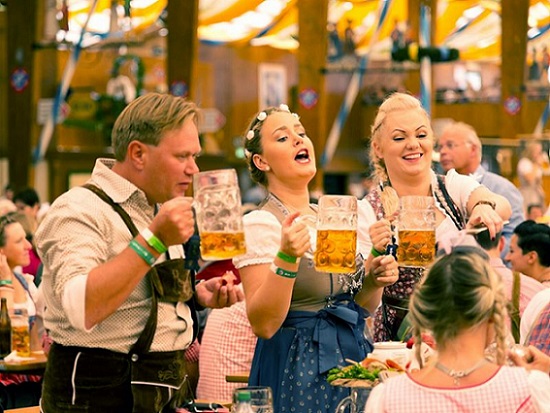
Guests arrive with #Excitement, dressed elegantly and eager to partake in the festivities. The enthusiasm is contagious, with everyone keen to socialize and form new bonds. As the night progresses, anticipation turns into pure delight, with memories being made that will be cherished for years to come.
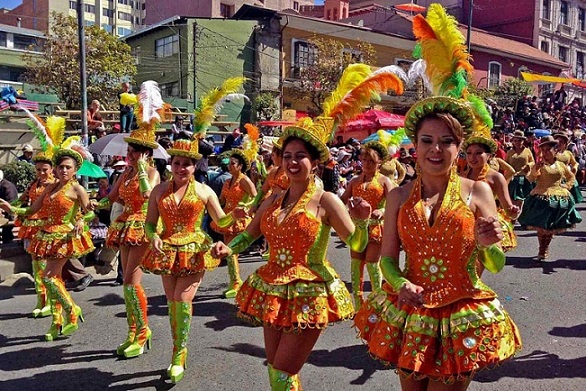
FrizeMedia is committed to capturing the essence of parties and banquets, displaying the beauty and liveliness of these special moments. Through compelling content and captivating visuals, we seek to inspire others to commemorate life's occasions with elegance and panache. Join us in delving into the realm of parties and banquets, where each gathering is a distinctive and unforgettable experience.
The terms festival and feast, usually, but not always, involves eating, drinking or both, in relation with a specific kind of rite. It might be passage, death, sacrificial rites, seasonal or commemorative observances, and rites celebrating the ending of fast periods. Fasting, the opposite of feasting, has often been affiliated with purification rites.

It can also be described as preparatory discipline for the celebration of feasts and rites. Festivals often include not only feasting,but also dramatic dancing, athletic events, carnivals and revelries at times. Throughout the history of human culture, certain days or periods of time have been set aside to commemorate, ritually celebrate, re-enact, or anticipate events.
The anticipated events might be changing of seasons, agricultural, religious, or socio-cultural. This gives meaning and cohesiveness to an individual and to his religious, political, or socioeconomic community. Because such days or periods generally originated in religious celebrations or ritual commemorations, they usually tend to include sacred community meals, referred to as feasts or festivals.
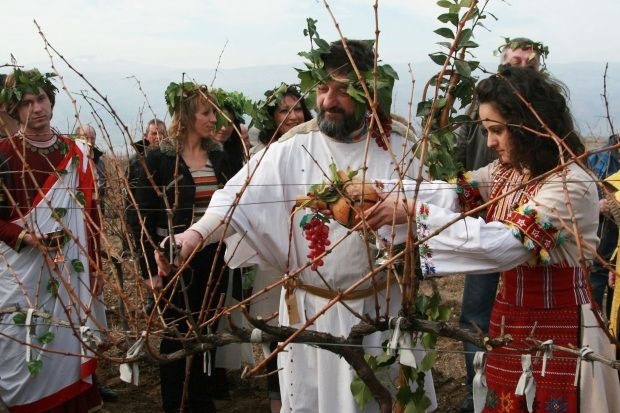
Major religious festivals and feasts, with few exceptions, are annual. The religious year not only represents a span of time but is also a representation of sacred events of the past recurring.

Just as the christian year beginning with advent is a re-enactment of sacred events, the year in other religions also presents a sacred cycle. Among historic religions, the cyclic recreation of time is most explicit in the Zoroastrian New Year.
The unrestrained character of most New Year festivals represents cyclic chaos before creation and is most pronounced in primitive religions, though it survives in the Hindu holi and similar rites.
Festivals have an educational, social, as well as religious character. In primitive cults, since there were no written records, seasonal recital of mythology at festival time, serves the function of transmitting traditional lore within the tribe. Festivals bind a religious group into unity, transcending family and local ties.

Muslims of Arabia and Indonesia, come into a socio-religious relationship, despite separation by common observance of the festival associated with the fast of Ramadan. Continuity between living and dead is maintained by communal offerings at festivals, and the cosmic order, underlying social order is maintained by honoring the gods. Unity of "denominations" within religions, such as the Saivities in Hinduism or the Shi ah in Islam, is secured by sectarian observances.
Cheap Flights And Travel Deals
Tweet
Follow @Charlesfrize


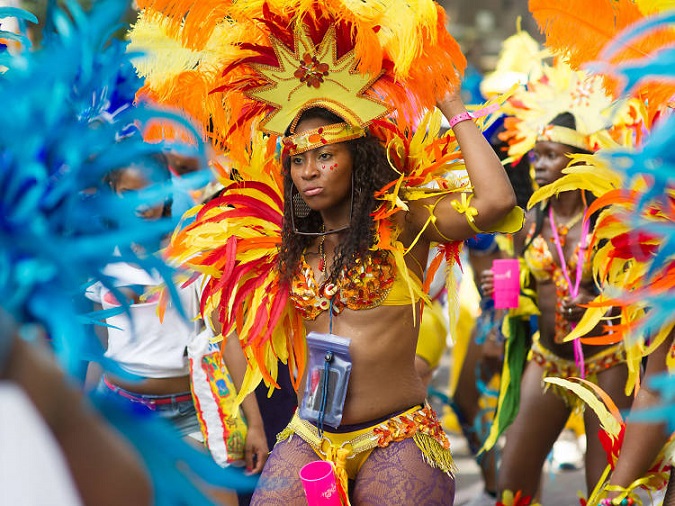






New! Comments
Have your say about what you just read! Leave a comment in the box below.